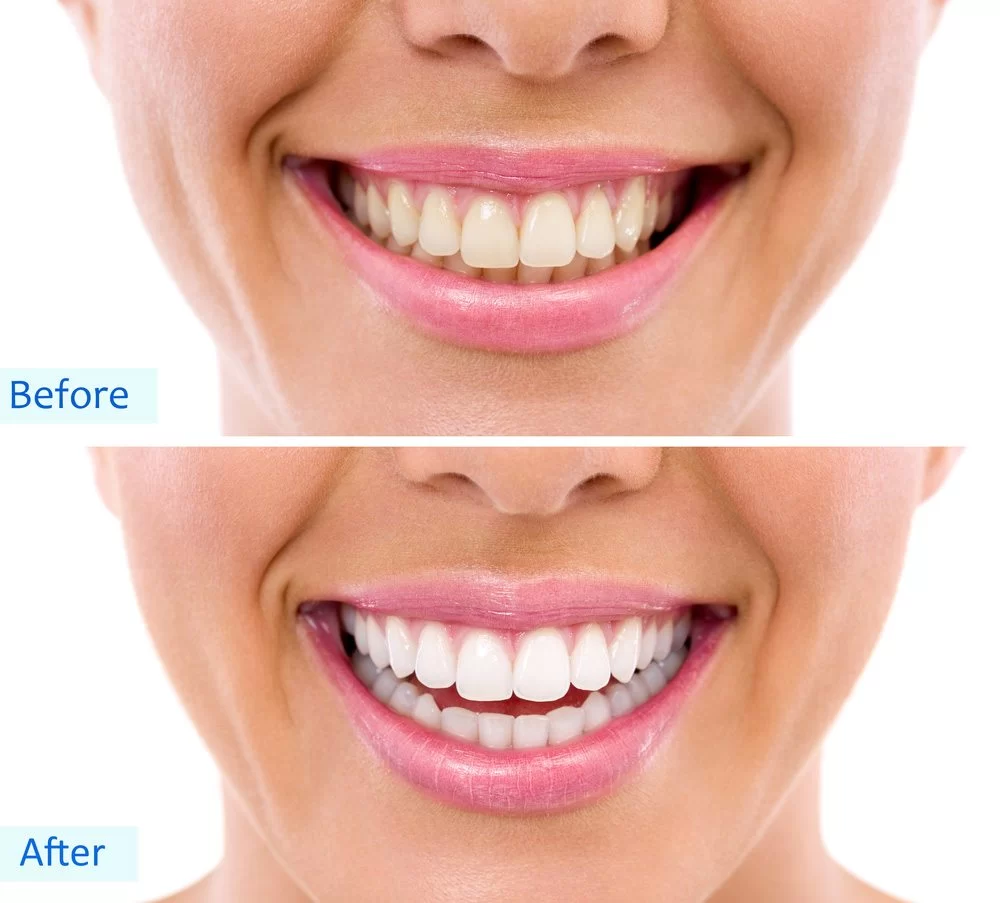
Can Teeth Whitening Cause Sensitivity? Causes, Prevention, and Solutions
- 1. What Is Teeth Whitening?
- 2. Does Teeth Whitening Cause Sensitivity?
- 3. What Causes Teeth Whitening Sensitivity?
- 4. How to Prevent Sensitivity from Teeth Whitening
- 5. Solutions for Reducing Teeth Whitening Sensitivity
- 6. When to Visit the Dentist
- 7. Why Choose Dentistry Toothtruth for Safe Whitening Treatments?
1. What Is Teeth Whitening?
Teeth whitening is a cosmetic dental procedure aimed at lightening the color of your teeth. It can be done professionally by a dentist or at home with over-the-counter products like whitening toothpaste, strips, or gels. Whitening treatments use various agents, such as hydrogen peroxide or carbamide peroxide, to break down stains and brighten the teeth.
While teeth whitening is generally safe and effective for most people, some individuals may experience side effects, with tooth sensitivity being one of the most common complaints. This article will explore whether teeth whitening can cause sensitivity, what causes it, and how you can prevent or manage it.
2. Does Teeth Whitening Cause Sensitivity?
The short answer is yes—teeth whitening can cause sensitivity. Many people experience some level of discomfort during or after whitening treatments. The sensitivity usually manifests as a sharp pain or heightened sensitivity to hot, cold, or sweet foods and drinks. This discomfort is often temporary, but in some cases, it may persist for a few days.
Understanding why this happens can help you make informed decisions about your whitening treatment. While it’s normal for some sensitivity to occur, it’s important to distinguish between a mild reaction and a more severe issue that may require professional attention.
3. What Causes Teeth Whitening Sensitivity?
Several factors contribute to the sensitivity that some people experience during or after teeth whitening treatments. These include:
- Enamel Erosion: Whitening agents can sometimes irritate the enamel—the outer protective layer of your teeth. When enamel is thin or worn down, the underlying dentin layer is exposed, which can lead to heightened sensitivity.
- Exposed Tooth Roots: If your gums recede, the roots of your teeth may be exposed. These areas are more sensitive to temperature changes and whitening treatments can intensify this sensation.
- Overuse of Whitening Products: Using whitening products too frequently or for longer than recommended can lead to an increase in sensitivity. Overuse can also increase the risk of enamel damage.
- Pre-existing Dental Conditions: If you have cavities, gum disease, or other dental issues, whitening treatments can irritate these conditions, making sensitivity worse.
Understanding these causes can help you prevent or minimize sensitivity during teeth whitening treatments. By following proper usage guidelines and consulting your dentist, you can reduce the risk of experiencing discomfort.
4. How to Prevent Sensitivity from Teeth Whitening
While some sensitivity may be inevitable, there are several steps you can take to minimize discomfort during or after whitening treatments:
- Use Whitening Products as Directed: Always follow the instructions on over-the-counter products or your dentist’s recommendations. Using products as directed will help minimize the risk of overexposure to the whitening agents.
- Take Breaks Between Treatments: If you're using at-home whitening products, avoid using them daily. Give your teeth a break to help them recover and reduce the risk of sensitivity.
- Use a Toothpaste for Sensitive Teeth: Toothpastes designed for sensitive teeth can help alleviate discomfort. These products contain ingredients that can help block pain signals and protect sensitive areas of your teeth.
- Choose Professional Whitening Treatments: Professional treatments performed by a dentist are often safer and more effective, with less risk of causing sensitivity compared to at-home products. A dentist can also apply desensitizing agents to reduce discomfort.
5. Solutions for Reducing Teeth Whitening Sensitivity
If you experience sensitivity during or after a whitening treatment, there are several ways to alleviate discomfort:
- Desensitizing Treatments: Dentists may apply fluoride gel or desensitizing agents to your teeth to help reduce sensitivity. These treatments strengthen the enamel and reduce nerve irritation.
- Cold Compress: Applying a cold compress to your face near the affected area can help reduce discomfort and soothe your teeth.
- Avoid Trigger Foods: For a few days after whitening, avoid hot, cold, or sweet foods and drinks that can trigger sensitivity.
- Use a Soft-Bristled Toothbrush: A soft-bristled toothbrush will be gentler on your teeth and gums, helping to prevent additional irritation.
If the sensitivity persists or becomes severe, it's important to consult with your dentist to rule out any underlying dental conditions.
6. When to Visit the Dentist
If you experience severe or persistent tooth sensitivity after whitening, it may indicate an underlying problem that requires professional attention. In such cases, it's important to visit your dentist, who can assess your dental health and recommend appropriate treatments.
Your dentist can also guide you on the best whitening options for your teeth, taking into account your unique dental needs and minimizing the risk of sensitivity.
7. Why Choose Dentistry Toothtruth for Safe Whitening Treatments?
At Dentistry Toothtruth, we specialize in providing safe and effective whitening treatments that are tailored to your individual needs. Our team of professionals will assess your oral health, recommend the best whitening options, and provide solutions to minimize discomfort during treatment.
If you're concerned about sensitivity or have had a bad experience with over-the-counter whitening products, our dental professionals can offer customized treatments to ensure your safety and comfort. Visit Dentistry Toothtruth to learn more about our whitening services and schedule a consultation.
Teeth whitening can indeed cause sensitivity, but with the right care and professional guidance, you can enjoy a brighter smile without the discomfort. Whether you choose at-home products or professional whitening treatments, it's important to understand the causes of sensitivity and take steps to prevent it. If you're ready to whiten your teeth safely, visit Dentistry Toothtruth today to explore our whitening options!

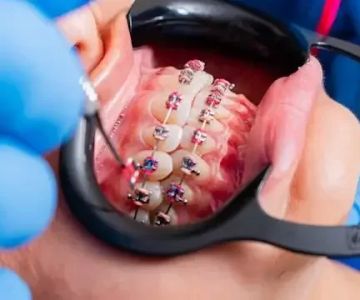
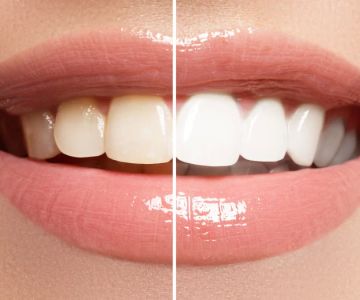
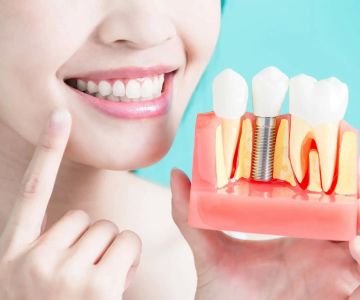
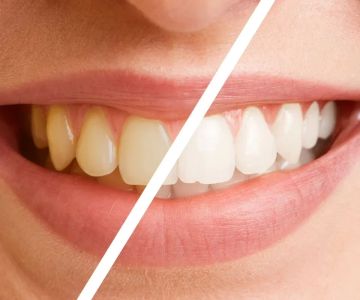

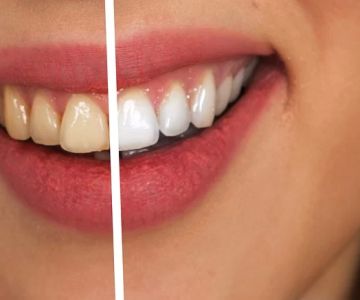
 Westgate Dental Arts
Westgate Dental Arts Coventry Family Dental
Coventry Family Dental Familia Dental
Familia Dental Dr. Daniel S. Fife, DDS
Dr. Daniel S. Fife, DDS Dentistry At Suburban Square: Michael I. Wollock, DMD
Dentistry At Suburban Square: Michael I. Wollock, DMD Comfort Care Dental
Comfort Care Dental The Importance of Oral Health Education During Pregnancy for a Healthy Pregnancy
The Importance of Oral Health Education During Pregnancy for a Healthy Pregnancy Why Skipping Dental Checkups Can Lead to Bigger Oral Health Problems
Why Skipping Dental Checkups Can Lead to Bigger Oral Health Problems Advantages of Porcelain Dental Restorations
Advantages of Porcelain Dental Restorations Best Tips for Brushing Your Teeth Properly for Healthy Gums: Essential Techniques for Oral Health
Best Tips for Brushing Your Teeth Properly for Healthy Gums: Essential Techniques for Oral Health How Can Diabetes Cause Tooth and Gum Problems? Preventing and Managing Oral Health Issues
How Can Diabetes Cause Tooth and Gum Problems? Preventing and Managing Oral Health Issues Healthy Habits for Promoting Good Oral Health and Hygiene: Tips for a Healthy Smile
Healthy Habits for Promoting Good Oral Health and Hygiene: Tips for a Healthy Smile